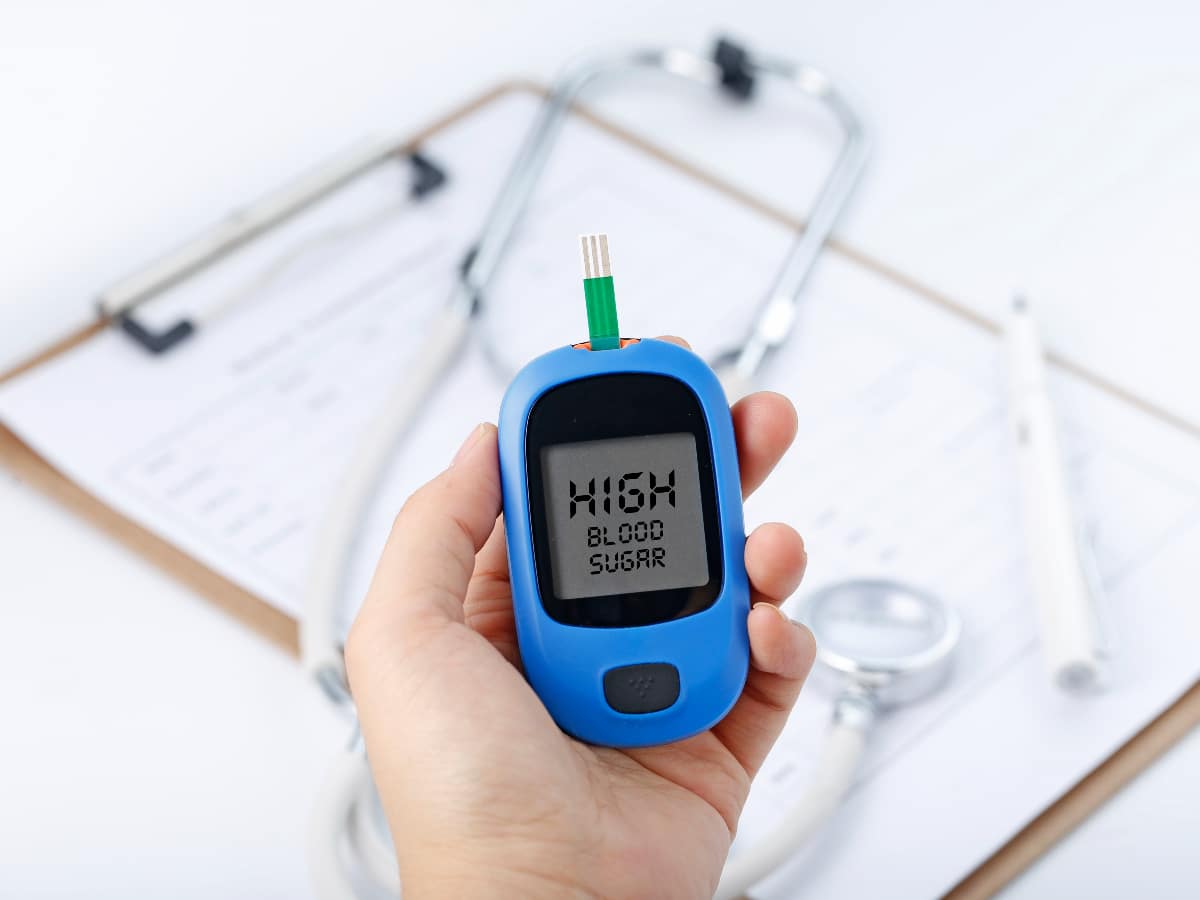Prediabetes Can Double The Risk Of Having Heart Disease –  Prediabetes is when your blood sugar levels are higher than normal, but not high enough to diagnose it as diabetes. But prediabetes can also lead to complications like heart disease. Here’s how you can manage it.
Prediabetes is when your blood sugar levels are higher than normal, but not high enough to diagnose it as diabetes. But prediabetes can also lead to complications like heart disease. Here’s how you can manage it.
Did you know that India has surpassed the United States as the world’s diabetes capital? According to the International Journal of Diabetes in Developing Countries, India’s diabetes incidence has increased dramatically from 11.9 million diabetics in 1980 to 64.5 million in 2014. But this can be controlled if people get diagnosed with prediabetes and manage it while it’s not too late.
Prediabetes is a stage when your blood glucose levels are higher than normal, but not high enough to be considered diabetes. But people who develop this condition can develop diabetes. It is vital to manage prediabetes as it can also lead to serious health problems.
Prediabetes Can Double The Risk Of Having Heart Disease
A study presented at ENDO 2022, the Endocrine Society’s annual meeting found that prediabetes is a major risk factor for heart attacks. However, researchers of the study point out that diabetes can cause heart attacks, stroke and kidney problems, but the link between prediabetes and heart problems is not well established.
The study lead author Kavin Raj, M.D., of Saint Peter’s University Hospital/Rutgers Robert Wood Johnson Medical School in New Brunswick, N.J. pointed out, “Our study serves as a wake-up to everyone to shift the focus to managing prediabetes, not just diabetes.”
For the study, researchers studied the data of 1.79 million heart attack patients admitted to the hospital. 1 per cent of these patients had prediabetes. After controlling for other heart disease risk factors such as age, gender, race, family history of heart attack, high blood pressure, high cholesterol, diabetes, smoking, and obesity, prediabetes was found to be associated with a 25 per cent increased risk of heart attack compared to patients without prediabetes.
Prediabetics had a 45 per cent higher chance of having percutaneous intervention (a heart procedure to unblock clogged blood arteries) and an almost doubled chance of needing heart bypass surgery.
Treatment Of Prediabetes
Based on the study, researchers reinforce the importance of early recognition and intervention to mitigate the risks associated with prediabetes. Management of prediabetes is possible with the right strategies in mind:
Move more
It goes without saying that being more active is an essential part of the prediabetes treatment plan. Start incorporating some sort of physical activity in your daily routine to avoid prediabetes complications.
Manage your weight
Studies have shown that people who are overweight or obese are at a higher risk of prediabetes, diabetes, heart problems and more. Make lifestyle changes to keep your weight in check.
Eat a healthy diet
A healthy diet is the epitome of healthy living. If you want to keep diseases like prediabetes at bay, then switch to a healthy diet. Eat more vegetables, high-fibre food, and whole-grain foods to manage prediabetes. You should also avoid eating high-fat, high-calorie, sugary and salty foods.
Sleep more
A tale as old as time, but most people still ignore it. Inadequate sleep can increase the risk of prediabetes complications, so you should make sleep a priority. It will help you manage your weight if you work hard enough.
Talk to your doctor
Get a proper check done every 3-6 months to get a proper diagnosis of the disease. Regular visits can help you manage the disease.
Also read: Can You Donate Blood If You Have Had COVID-19?









